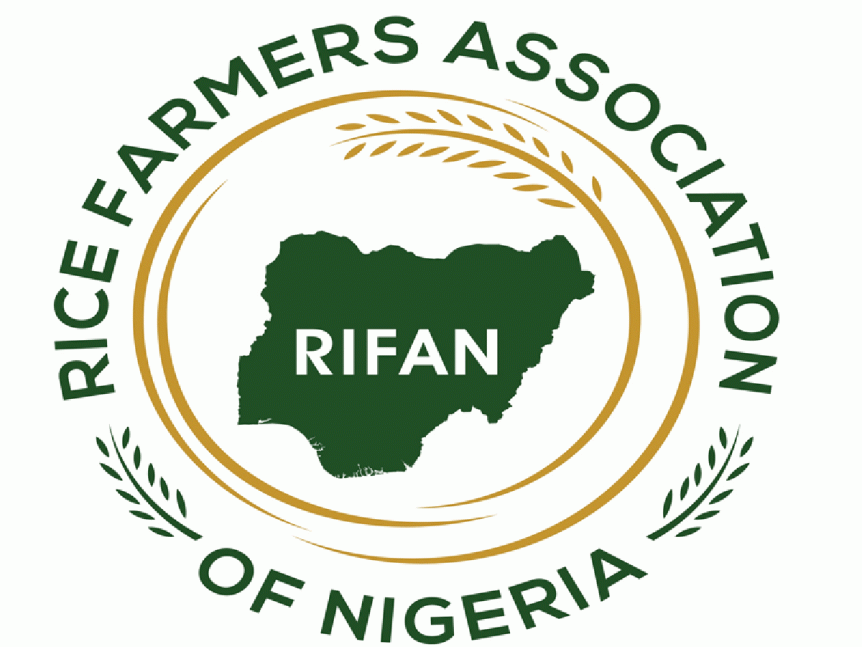Rice farmers under the umbrella of this Rice Processors Association of Nigeria (RIPAN), yesterday kicked against the directive by the Senate Committee on Ethics, Privileges and Public Petitions, to the Nigeria Customs Service (NCS) to reunite the smuggled goods it transports from rice traders’ shops in Ibadan, Oyo State.
The team stated that the settlement of the committee was in variance with the resolve of the federal government and Nigerians to grow local capacity in the rice industry to be able to achieve food safety.
The Director-General of RIPAN, Mr. Andy Ekwelem, at a media briefing in Abuja, said, the senate directive was capable of sending shock waves that may collapse the rice industry, discourage further investments and place over 15 million jobs at risk in addition to eroding the gains thus far achieved in the nation’s rice revolution.
The institution, therefore, argued that if smuggling wasn’t handled with proper dispatch, the magnitude of loss to Nigerian stakeholders particularly the national government, incorporated rice millers, funding banks, Central Bank of Nigeria (CBN), and farmers, among others, could be catastrophic for the country’s fledgeling economy.
Ekwelem pointed out there was the requirement for urgent action to avert a looming national food crisis, adding that all hands must be on deck to combat smuggling.
“What we need is to increase our regional capacity rather than foreign rice,” he explained.
The body further expressed support for the Nigeria Customs Service, adding the bomb on markets that were dealing on smuggled rice was valid and welcoming.
RIPAN further guided the Senate Committee to”take a second look at the matter from a federal economics prism because from where we’re now with the Nigerian market, private biases have to be eschewed when we must make progress”.
Read Also: Prices of major foodstuffs in South-West markets increase by 100 percent
They further argued that the growth had serious implications for developing the local industry partly because”when investors realise their investments are not protected by adequate legislation, they will have no choice but draw their funds from the market”.
The farmers claimed that “Within the last five years the current administration has invested almost everything it could, to promote production and processing of rice in the bid to preserve foreign exchange, fortify our food safety, provide jobs for Nigerians and grow our economy generally.
“Lots of people are encouraged by the forceful thrust of government. People are investing big-scale farming, rice processing, paddy aggregation and agro-input dealerships.”
He explained: “Jobs are being made, private sector involvement is alive and busy and new entrepreneurs are emerging in the industry. The whole rice processing and grinding sub-sector employ between 13 million to 15 million Nigerians and if we promote smuggled rice to prosper within our marketplace, these occupations and all the noble efforts of authorities is going to be lost within the shortest possible time.”
Ekwelem, especially, pointed out that Nigeria is currently a top rice producer in Africa and rated among the top 14 states on the planet.
He attributed the effort to the doggedness of this present administration to be sure that we”produce what we consume and eat what we produce”.
He stated, however, that it will be”foolhardy of us to fold our hands and watch economic saboteurs ruin our collective resolve to make sure that Nigeria migrated from some food importing country to a food-producing country”.
“Today we are crying insecurity and the consensus is that the menace continues because most youths are not gainfully employed. Nigerians should imagine the scenarios when more than seven million more youths are left jobless by our tacit support to smuggling,”he added.
The institution insisted that the prices of locally produced rice are”not out of reach for the Nigerian people”.
![]()


